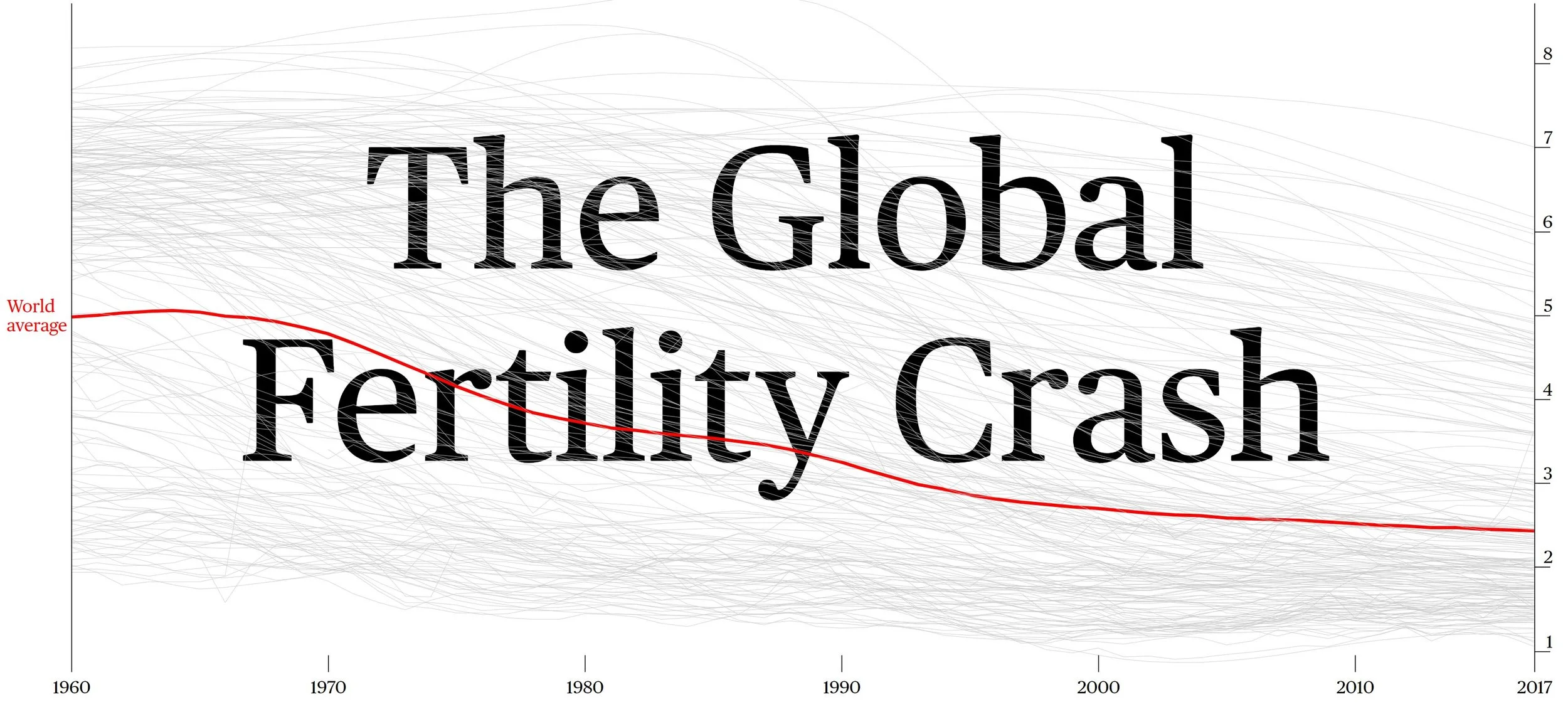More Leading Economists are Confirming “Better” is Preferred to “More”
Gene Sperling, a former economist for Obama and Clinton, has a prepared a strong critique of how economists focus on GDP growth and employment. He is part of an increasing pool of economist that argue that an economy should consider maximizing people’s happiness and fulfillment as the key measure of an economy’s performance. (You can read more here) Sperling’s point fits right within our core philosophy that we should stop focusing on More, and we should look to measure and reward Better.
The idea that GDP should grow faster (more growth) and employment should be lower (more jobs) is so embedded in our system that it is hard to see there are alternatives. Sperling focuses on the idea of happiness. While we agree that happiness is noble goal, it is easy to see the challenges. It is definitely hard to define happiness, and it even harder to measure it. GDP and unemployment are preserved because they have clear measures -- even if those measure are flawed.
Sperling, like many others in his camp, fail to provide an alternate solution. He mentions economic dignity as the goal and defines other policy ideas that could help make people happier, but no alternate plan to consistently measure how an economy improves, aka “Better”.
Most importantly, his solutions are programs concepts that lack the incentive for individuals, companies or even governments to reward them for delivering more happiness. If the government gives people more paid leave, this could decrease productivity and lowers GDP. If this leads to lower revenue, the politicians get voted out for hurting the economy. Seems like a clear disincentive to work on people’s happiness.
Sperling is directionally correct, but without reinforcement of his ideas through replacements for current economic measurements AND the appropriate rewards for those who deliver those measure, politicians and innovators are left with little incentive to drive anything but more.





